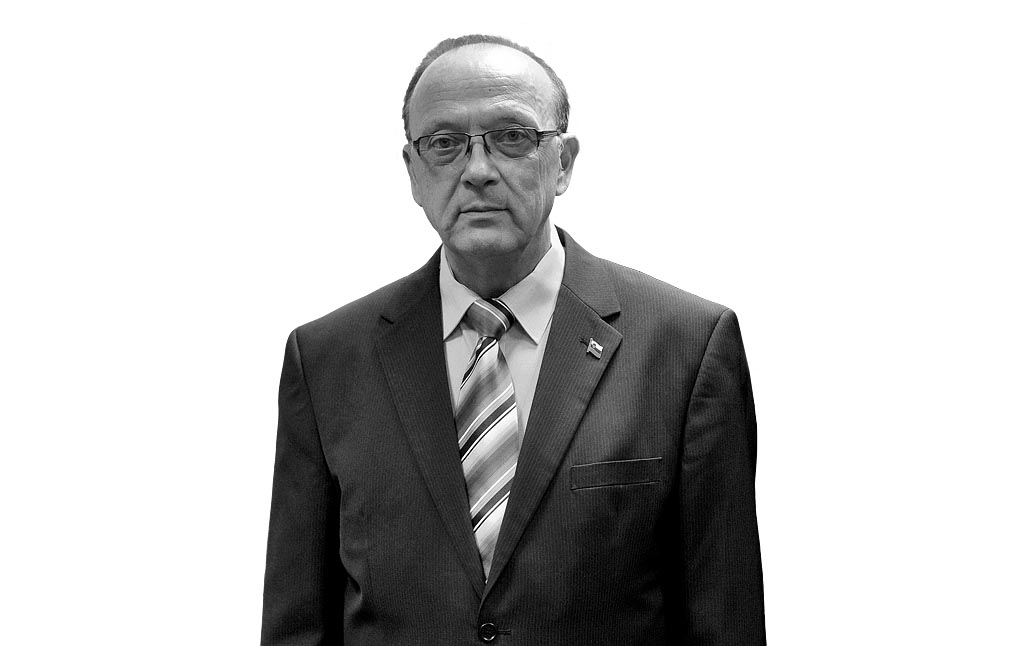On the 29th of July 2022, the Government of the Republic of Slovenia adopted a regulation on the protection of the Prime Minister of the Republic of Slovenia. Nothing unusual, you might say. But in fact, this is a very important act, which has never been adopted on this scale in the history of Slovenia.
Such desires for an independent police unit, protecting the Prime Minister or the President of the Republic rather than being subordinate to the Chief of Police and the Ministry of the Interior, are not new. I first heard such ideas between the years 1995 and 1997, when I was in charge of the Personnel Department at the Ministry of the Interior. The then-President of the Republic, Milan Kučan, and to a lesser extent, the then-Prime Minister, Dr Janez Drnovšek, naturally wanted an independent police unit to protect them (preferably two separate ones), without being subordinate to the leadership of the police and the Ministry of the Interior. Many experts pointed out to me at the time that there were still many unanswered questions related to this idea. One of the most important ones was what police powers – would it perhaps be all of them – would be given to the police officers who would be protecting the President of the Republic and the Prime Minister – and would that list of powers perhaps include the power to use covert investigative measures, too?
In the 1998 law, the possibility of such a police unit, separate from the police and subordinate to the President of the Republic or the Prime Minister, was solved by adding an article in the Police Act that provided for the possibility of transferring police officers to the office of the President of the Country or the Prime Minister, but with powers that would be tailored to the protection of the person being protected, and certainly not broader – meaning, their list of powers would not include the use of covert investigative measures.
This has never happened before
But in times of Robert Golob’s “freedom,” everything is different. The aforementioned government decree, adopted on the 29th of July 2022, provides for the transfer of the “necessary” number of police officers to the General Secretariat of the Government in order to protect Prime Minister Golob. A similar solution is being proposed for Nataša Pirc Musar as the future President of the Republic.
This has never happened before in independent Slovenia. Despite the wishes of former President Milan Kučan and former Prime Minister Dr Janez Drnovšek, we have never seen anything like it. As far as I can remember, only Peter Šefman was transferred to Milan Kučan’s cabinet on the basis of the aforementioned law that was introduced at the time, but no special police unit was ever set up in the cabinet of either Milan Kučan or Dr Janez Drnovšek to protect one or the other.
So what does the adoption of the Regulation on the Protection of Prime Minister Robert Golob of the 29th of July 2022 mean? First and foremost, it represents a vote of no confidence for Minister of the Interior Tatjana Bobnar and the Chief of Police Boštjan Lindav. Secondly, it means a complete lack of Robert Golob’s confidence in the police as the institution that should be protecting him. Let us not forget that the police, with officers from the Security and Protection Centre and other police officers, have protected the pope on two separate occasions, as well as two American Presidents, and the Russian President on several occasions, not to mention hundreds of other foreign statesmen and, as has already been said, they have also protected all the previous Prime Ministers and Presidents of the Republic of Slovenia. So, why is such a turnaround necessary with Golob?
A parastatal police force is being set up
A kind of parastatal police force is being set up, bypassing the official state police, which will be able to do anything. If these police officers will have full police powers, they will also be able to use covert investigative measures (secret surveillance, letter-opening, secret recording, bugging, and so on). I am not saying that they will definitely do that, but there are no legal barriers to stop them.
What is also worrying is the information that a special procedure is being prepared for the transfer of selected police officers to the newly created police unit that will work for Golob. It is clear that the first criterion will be political alliance and total commitment to Robert Golob, and things are even supposedly going so far that all these police officers will have to agree on who can join them and who cannot join the police unit formed by Robert Golob. Is this not the politicisation that the current Minister of the Interior, Tatjana Bobnar, and the Chief of Police, Boštjan Lindav, have been so critical of? Of course it is. If we add to this Golob’s refusal to appoint Boštjan Lindav to the position of Director of Police with a full mandate, the reason being that he was too slow in “cleaning up Janša’s people” from the police force, then this is even more proof that this is just further politicisation and not the depoliticisation of the police force.
To top it all off, Golob’s special officers will supposedly be five to ten pay grades above their police colleagues who protect other protected persons. In this case, the rebellion against such decisions by Robert Golob within the police and the Ministry of the Interior is fully justified. The only question that remains open is whether Tatjana Bobnar, in her role as Minister of the Interior, and Boštjan Lindav, in his role as Acting Director-General of the Police, will also act according to their principles and resign, or whether they will forget about their principles. Only time will tell.


